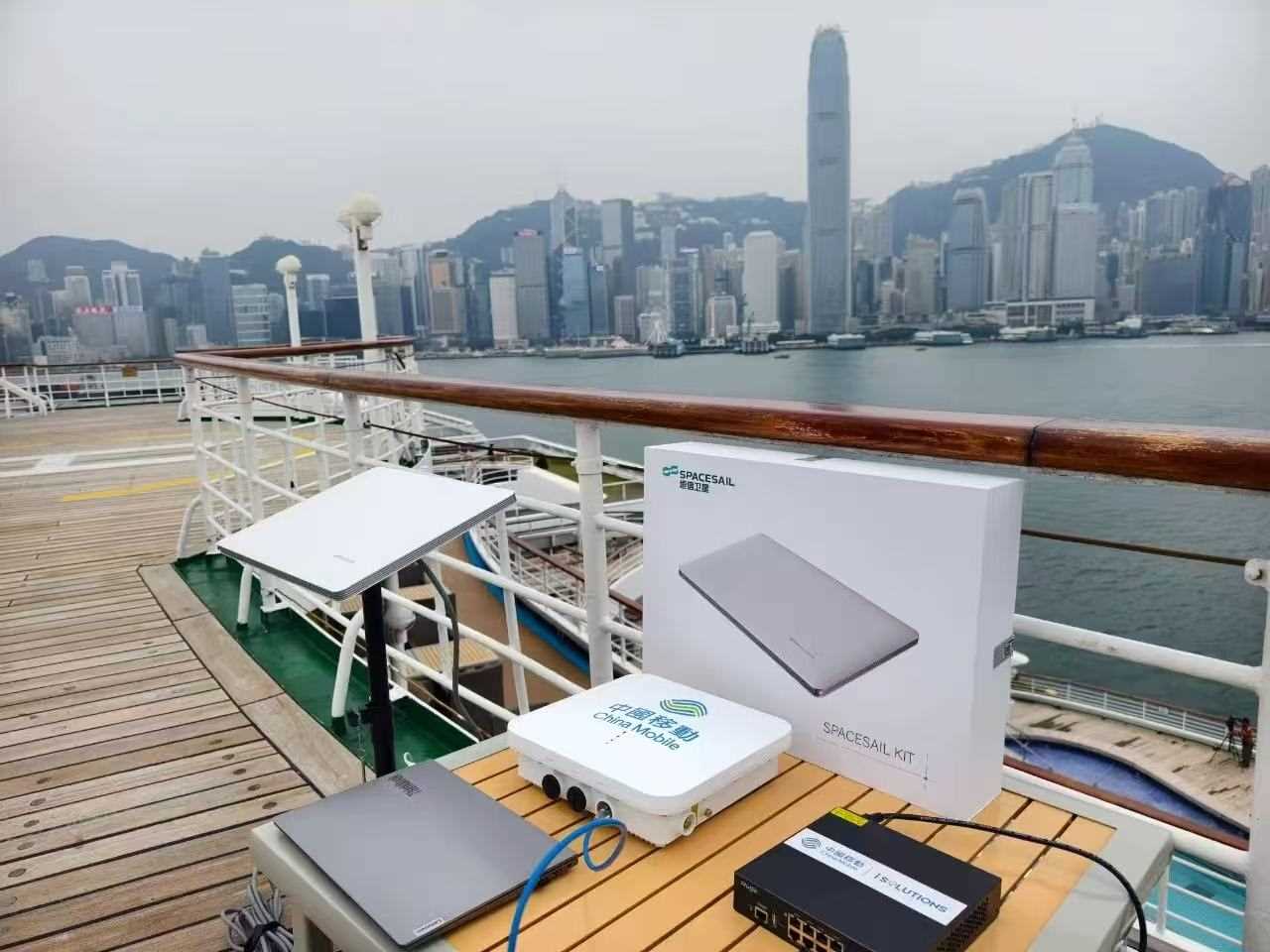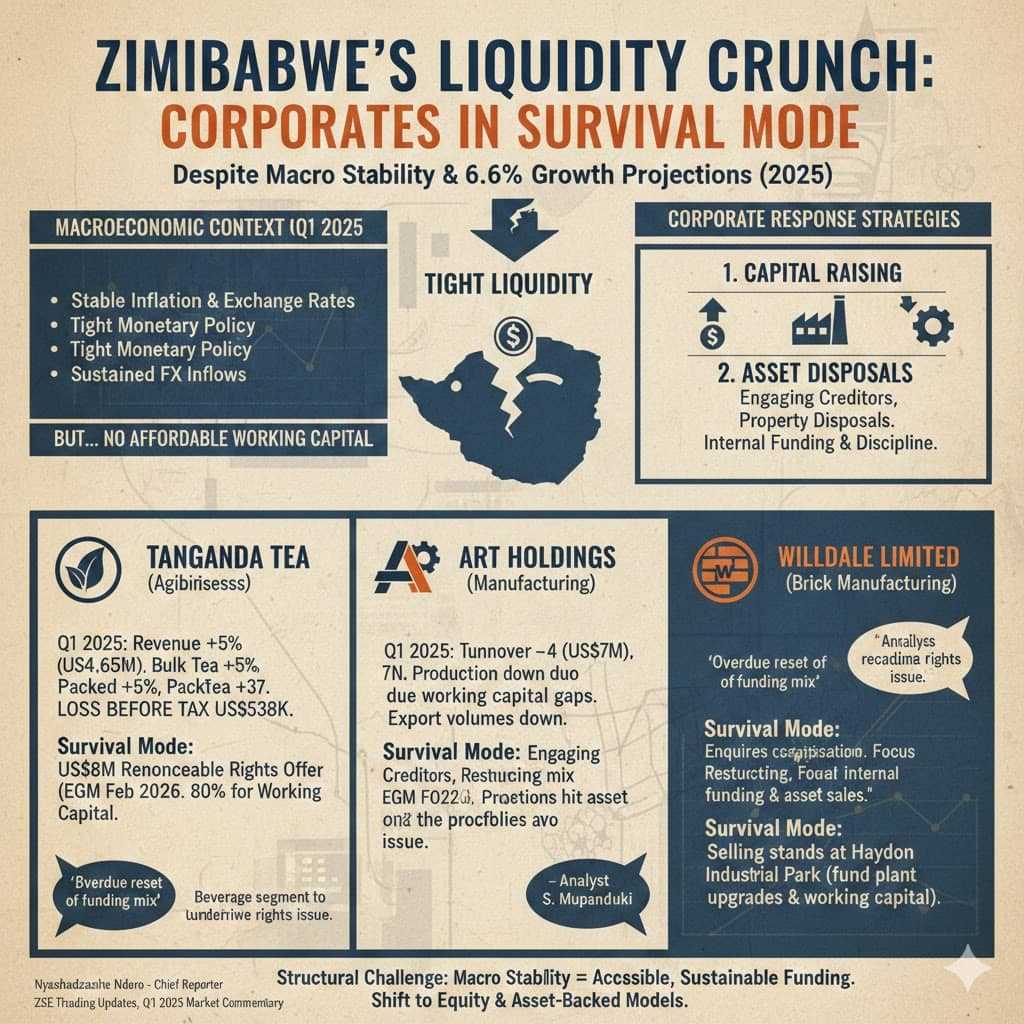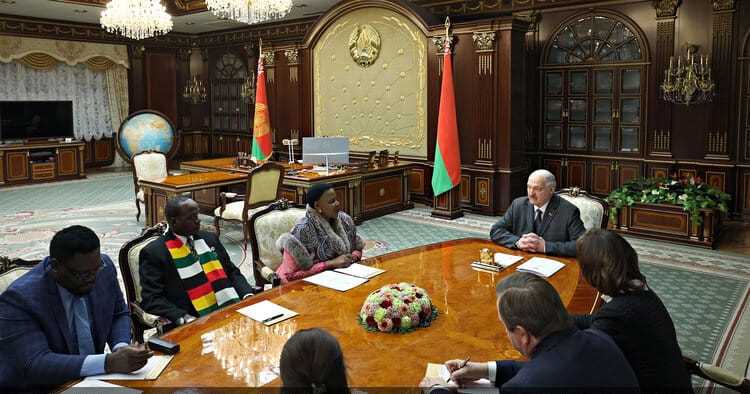
Related Stories
Monica Cheru in Beijing
China’s ambitious satellite internet project, known as the Qianfan or Spacesail Constellation, is set to expand its services to over 30 countries.
While no specifics have been made, it is likely that Spacesail will target Africa, where Starlink is only in 18 countries, so including Zimbabwe, where a saturated Harare market has made the service slow and expensive, as only the US$115 package is readily available.
The domestic plan costs US$30 for the lite and US$115 for the standards, meaning that locals are being ripped off.
This initiative offers a promising alternative to Elon Musk’s Starlink and would provide Zimbabweans with enhanced internet connectivity from a nation that has consistently demonstrated friendly relations and a commitment to mutual development.
Launched in 2024, the Qianfan project aims to deploy over 15,000 low-Earth orbit satellites to deliver global internet coverage. According to China Central Television, as of early 2025, multiple batches of satellites have been successfully launched, with plans to have 648 satellites operational by the end of the year.
Starlink, which has 7000 satellites providing services to 100 countries and plans to expand to 34,000 satellites in the future, started to provide services in 2020 with 800 satellites in orbit.
China’s commitment to Africa was underscored during the recent Two Sessions meetings, where President Xi Jinping announced an additional $51 billion in financial support to the continent over the next three years.
This funding is earmarked for infrastructure development, job creation, and technological advancement, including the ICT sector. Such investments align with Africa’s aspirations to harness artificial intelligence and other emerging technologies for sustainable development.
By embracing Qianfan’s satellite internet services, Zimbabwe can benefit from:
• Enhanced Connectivity: Improved internet access, especially in remote and underserved areas, facilitating digital inclusion.
• Economic Growth: Reliable internet can spur innovation, attract foreign investment, and create employment opportunities in the tech sector.
• Educational Advancement: Students and educators gain access to global resources, fostering a more informed and skilled populace.
• Political Alignment: Partnering with China, a nation that respects Zimbabwe’s sovereignty and has a history of non-interference, ensures that technological infrastructure is developed without external political pressures.
- Fast uptake through brand loyalty: With Zimbabwe’s large Chinese population powering the country’s various economic sectors including mining, agriculture and manufacturing, there is no doubt that there will be preference for Spacesail versus Starlink. Zimbabweans will no doubt go with the best service at the best value, a principle that China’s AI and digital technology have thrived on as demonstrated by Deepseek and the EV industry players.
Additionally, China has two other LEO players: GW constellation, aiming to launch 13,000 satellites, and the Honghu-3 constellation, planning to launch 10,000 satellites across 160 orbital planes.
There is no doubt that China is on the path to becoming the LEO king, as the three can easily overtake Starlink.




















Leave Comments